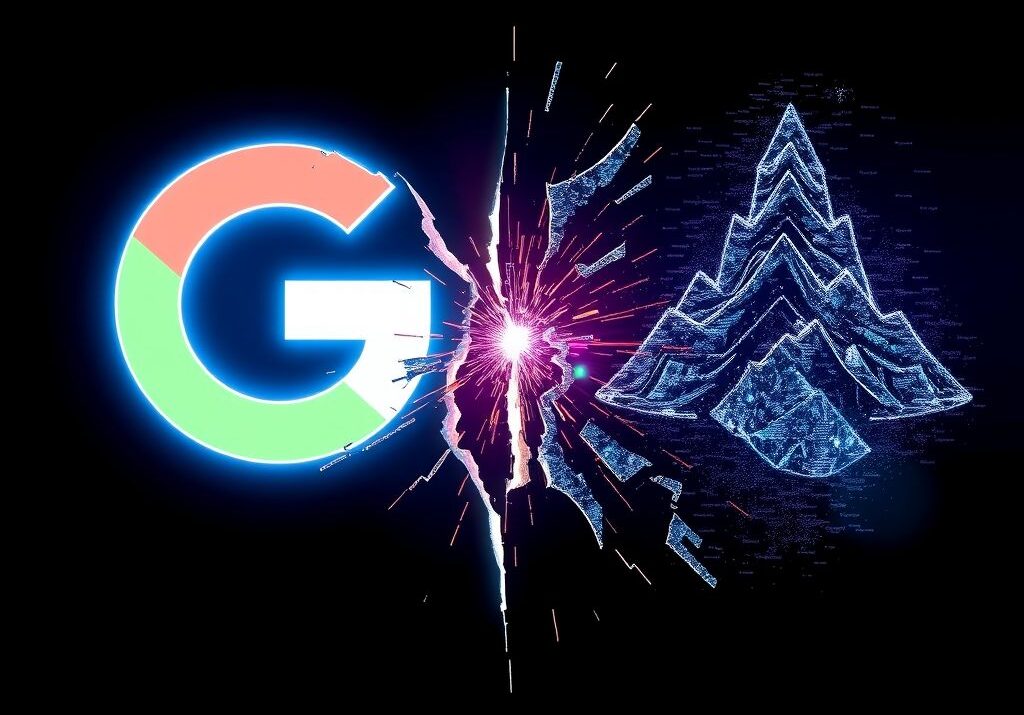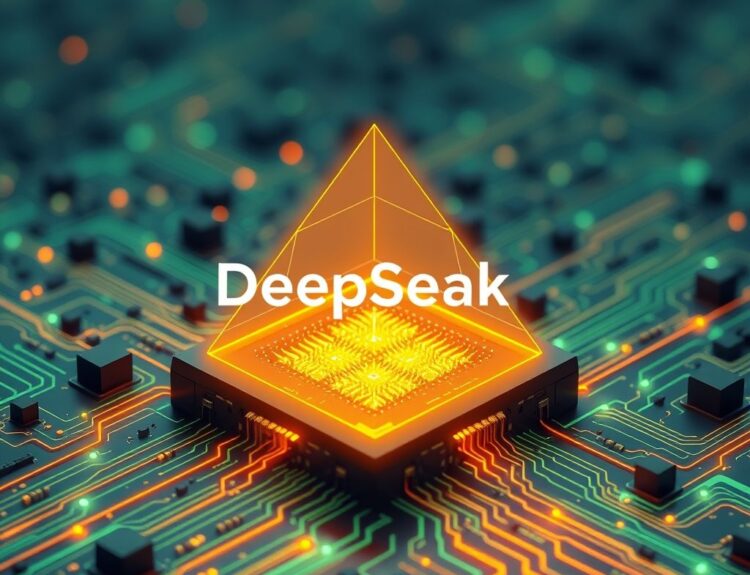Ever feel like you’re watching a Silicon Valley soap opera unfold in real-time? Well, grab your popcorn! I just stumbled upon something juicy that’s got me thinking about the delicate dance between tech giants and AI startups.
According to a recent report from Reuters (via TechCrunch), Google might be hitting the brakes on its relationship with Scale AI, a company specializing in data labeling and AI training. Apparently, Google had a $200 million spend planned for Scale AI this year, but is now reconsidering and reportedly talking to competitors.
Why the sudden change of heart? The article points a finger at Meta’s significant investment in Scale AI. It seems Google might be wary of handing over sensitive data and AI development work to a company with such close ties to a rival. And you know what they say, “keep your friends close, but keep your enemies closer.”
This potential split raises some interesting questions about the state of the AI landscape and how these partnerships are evolving. We’re seeing increased competition, consolidation, and a growing desire for tech giants to control more of their AI supply chain.
According to a report by McKinsey, companies are increasingly investing in AI in-house to maintain strategic control: “Companies that actively manage their AI portfolios and prioritize in-house capabilities are more likely to achieve a competitive advantage.” This Google-Scale AI situation could be a reflection of this trend.
It’s not just about keeping secrets; it’s about owning the future. AI is the new oil, and data is the engine that drives it. Control over data labeling and training – the very foundations of AI models – is a crucial strategic asset.
So, what can we glean from this development? Here are a few takeaways:
5 Key Takeaways:
- Competition is Heating Up: The AI space is becoming increasingly competitive, driving big players like Google to re-evaluate their partnerships.
- Data Sensitivity Matters: Concerns about data security and competitive advantage are influencing AI investment decisions. Companies are carefully weighing the risks of sharing sensitive information with third-party providers who may also work with competitors.
- In-House AI Capabilities are Growing: Companies are increasingly investing in building their own internal AI teams and infrastructure. A 2023 Gartner survey revealed that 72% of organizations have already started building their own AI solutions instead of buying them off-the-shelf.
- Startup Alliances are Shifting: As the AI ecosystem matures, the lines between allies and rivals are becoming blurred. Startups need to be strategic about who they partner with.
- AI Supply Chain is Being Re-Evaluated: Companies are taking a closer look at their AI supply chains, seeking to reduce dependencies and increase control over critical components.
This Google-Scale AI situation highlights a broader trend within the AI industry: the move toward strategic autonomy. It’s a reminder that in the fast-paced world of technology, partnerships are constantly evolving and priorities can shift quickly.
FAQ
1. What is Scale AI?
Scale AI is a company that specializes in data labeling and training, which is essential for developing and improving AI models. They help AI systems understand the world by providing labeled data.
2. Why is Google reportedly cutting ties with Scale AI?
The main reason appears to be Meta’s significant investment in Scale AI. Google may be concerned about sharing sensitive data with a company that has strong ties to a competitor.
3. What does Meta’s investment in Scale AI have to do with this?
Meta, being a major competitor of Google, now has a vested interest in Scale AI. Google might feel that relying on Scale AI could inadvertently benefit Meta.
4. What are data labeling and training in the context of AI?
Data labeling is the process of tagging and categorizing data (like images or text) so AI models can learn from it. Training involves feeding this labeled data to the AI to improve its accuracy and performance.
5. Is this Google and Scale AI split a big deal for the AI industry?
Yes, it is. It signals a potential shift in how tech giants are approaching AI development, emphasizing in-house capabilities and concerns about data security.
6. Will this affect Scale AI as a company?
Potentially. Losing a client like Google could impact Scale AI’s revenue and reputation. However, they still have Meta as a major investor and other clients.
7. What are the alternatives for Google when it comes to data labeling?
Google could invest in building its own data labeling infrastructure, partner with other data labeling companies, or explore open-source solutions.
8. How does this relate to the AI landscape in Cameroon?
While this specific event involves global giants, it highlights the importance of data ownership and strategic partnerships, even for smaller AI initiatives in Cameroon. Focusing on building local data expertise and control is important.
9. Are more companies likely to follow Google’s lead?
It’s possible. As AI becomes more critical, companies may prefer to have greater control over their data and AI development processes.
10. What can smaller AI startups learn from this situation?
They can learn the importance of diversifying their client base, maintaining independence, and focusing on building strong, specialized expertise that is hard to replicate.








